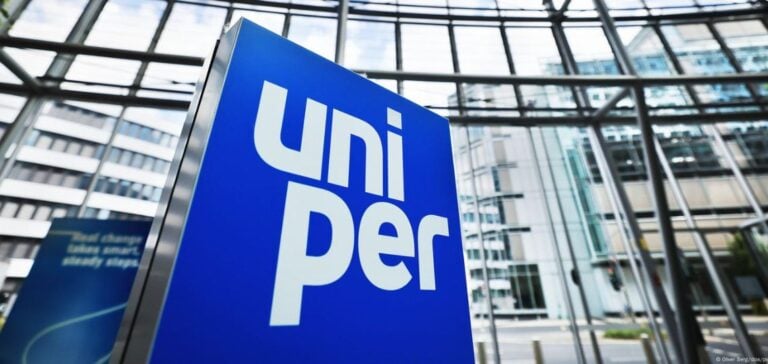In 2022, the energy company Uniper faced a major crisis following the suspension of Russian gas deliveries, a direct consequence of the conflict in Ukraine. This disruption forced the company to turn to the spot market, where gas prices had soared, leading to massive financial losses. To ensure its survival, Uniper benefited from substantial public support, totaling around 13.5 billion euros. In return, the German state took a 99% stake in the company, ensuring an effective crisis management approach to prevent a collapse of energy supplies in Germany.
On September 30, 2024, Uniper repaid 530 million euros to the German state. This amount, withheld since August 2022, was part of provisions due to conflicts with Gazprom, Uniper’s former Russian supplier. After obtaining damages related to the suspension of gas deliveries, Uniper was able to release these funds, initiating its repayment process to the German state. This repayment marks the first step toward the gradual reduction of public participation in the company, in line with European Union conditions.
A restructuring imposed by the European Union
The European Commission, in approving the public aid, imposed several strict conditions to ensure that these funds did not grant Uniper an unfair competitive advantage. Among these requirements, the German state must reduce its stake in the company to a maximum of 25% plus one share by 2028 at the latest. This measure aims to restore competitive balance in the European energy sector and ensure Uniper’s financial stability without prolonged reliance on public funds.
Uniper is also required to evaluate the excess capital received as part of the public aid and to repay any amounts not directly used to address the crisis. To this end, Uniper has set aside reserves for future repayments, which amounted to 2.5 billion euros at the end of September 2024.
Financial forecasts and Uniper’s future
The return to a stable financial situation has allowed Uniper to plan for an additional repayment in spring 2025, based on its annual results. With net profits of around 1.3 billion euros for the first nine months of 2024 and forecasts ranging between 1.1 and 1.5 billion euros for the year, the company is now positioned as a financially stable player.
Despite these positive outlooks, Uniper remains under close scrutiny to ensure its financial autonomy and its ability to repay excess capital without compromising future profitability. The company’s future directions will be closely monitored as the German state begins its gradual withdrawal from Uniper’s shareholding.






















